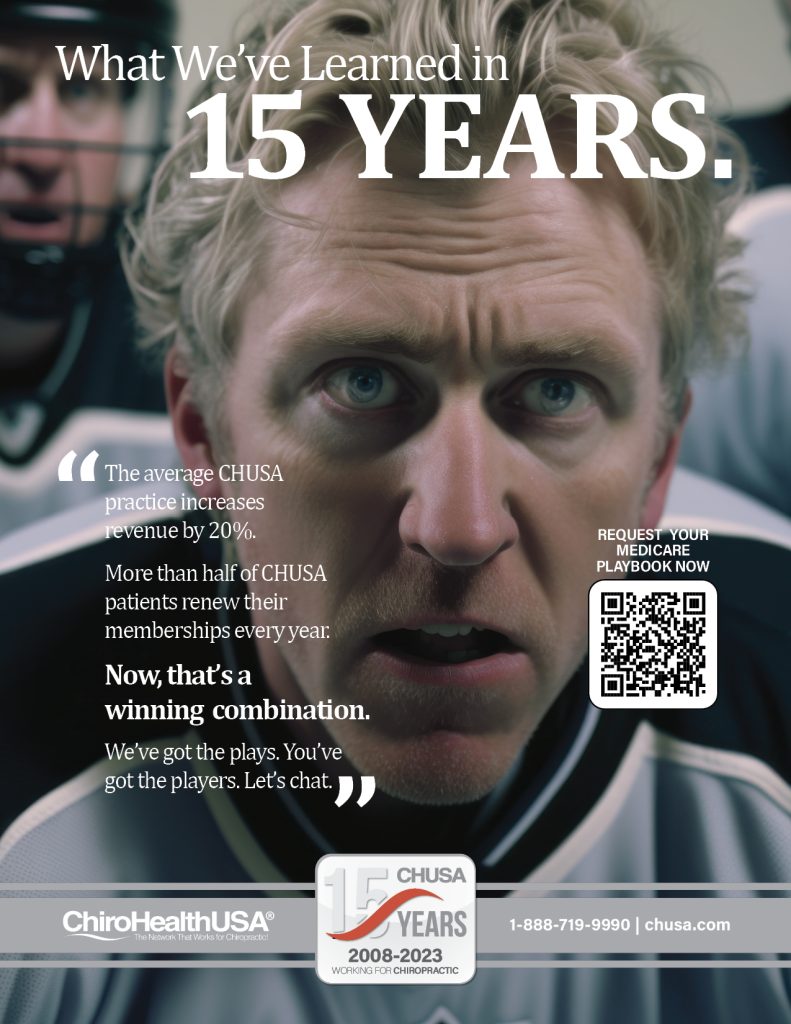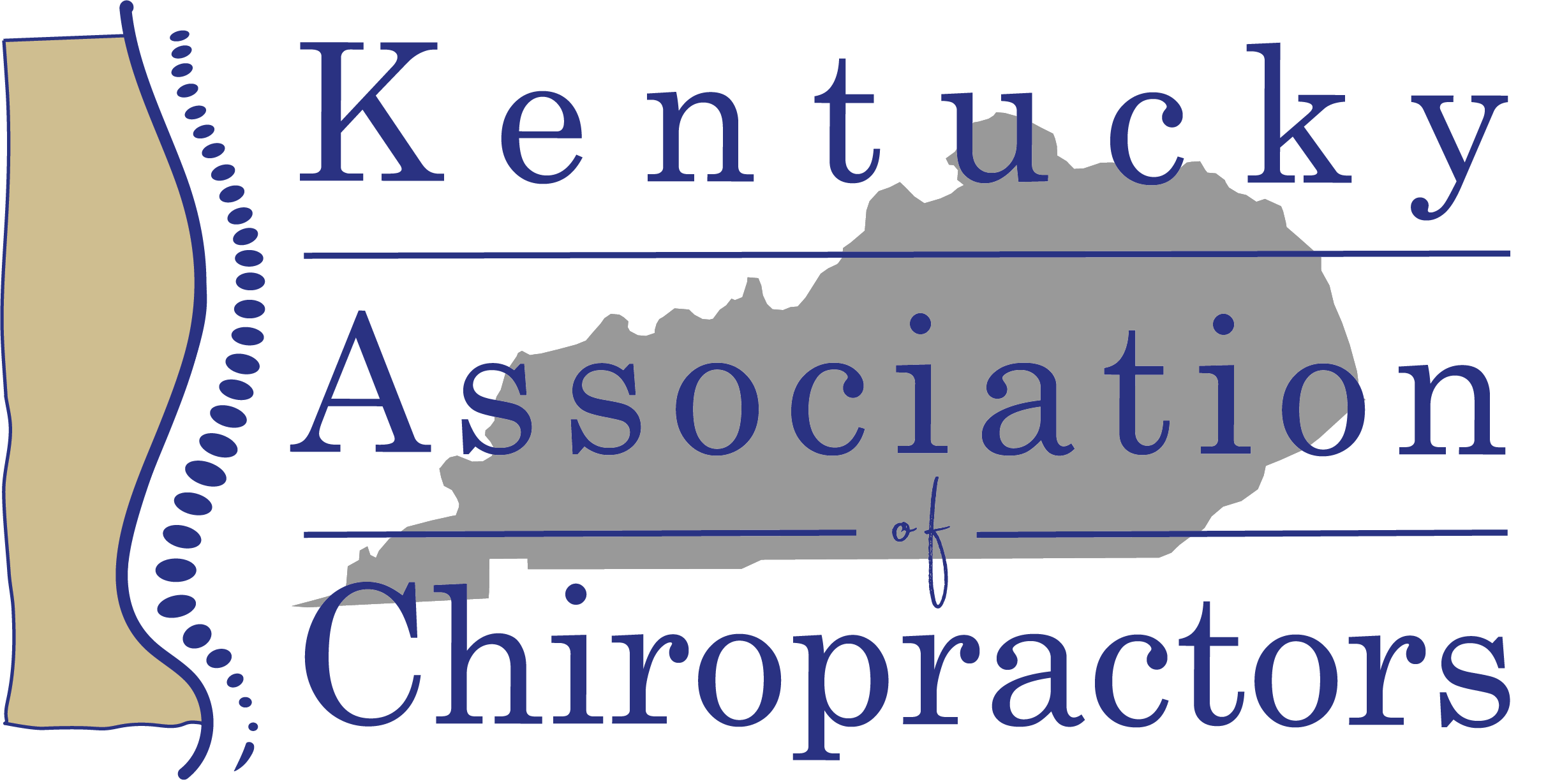Recently, in a Facebook group, the question arose about whether it was okay for the associate doctor in a practice to bill for services under the owner’s NPI number. The range of responses surprised me and made me aware that many providers largely misunderstand the rules and regulations regarding billing. Medical billing is a crucial aspect of healthcare administration, ensuring that healthcare providers receive proper reimbursement for their services and avoid potential billing fraud.
The Dangers of Billing Under Another Provider’s NPI Number
Fraud and Misrepresentation: One of the primary dangers of billing under another provider’s NPI number is the potential for fraud and misrepresentation. When an individual or organization uses a different NPI number to bill for services, they misrepresent themselves as the provider. This can lead to wrongful reimbursement claims, inflated bills, and ultimately defraud insurance companies, government programs, and patients.
Legal Consequences: Billing under another provider’s NPI number is unethical and illegal. The False Claims Act and Anti-Kickback Statute, among other healthcare fraud laws, explicitly prohibit fraudulent billing practices. Those caught engaging in such activities can face severe legal consequences, including fines, imprisonment, and the loss of their professional licenses. On October 24, 2023, after its self-disclosed conduct to OIG, VIZIA Diagnostics, LLC f/k/a Robert S. Smith, Inc. (VIZIA), Georgia, agreed to pay $701,209.50 for allegedly violating the Civil Monetary Penalties Law. OIG alleged that VIZIA submitted false claims to Federal health care programs for pathology laboratory services using a physician’s name and NPI number who did not furnish the services. (OIG, 2023)

Damage to Reputation: Healthcare providers work diligently to build trust with their patients and communities. Billing under another provider’s NPI number not only jeopardizes the financial integrity of healthcare systems but also damages the reputation of the legitimate provider. Patients may lose trust in the healthcare system if they discover fraudulent billing practices, which can ultimately deter them from seeking necessary medical care.
Erosion of Data Accuracy: Accurate billing is essential for tracking healthcare services and outcomes and making informed decisions regarding patient care. Billing under another provider’s NPI number can disrupt the accuracy of healthcare data, making it challenging to assess the effectiveness of treatments, identify patterns, and allocate resources appropriately. This erosion of data accuracy can ultimately compromise the quality of healthcare delivery.
However, the government generally permits one provider’s services to be billed under the name and NPI of another provider in two circumstances: first, where the services of auxiliary personnel (including both physicians and non-physician practitioners) are billed “incident to” the professional services of a physician, second, where the services of a substitute physician are billed under the regular, but unavailable, physician’s name and NPI temporarily (“locum tenens” and “reciprocal billing” arrangements). The “incident to” billing rules have strict requirements and only apply to certain services. Failure to strictly comply with the requirements for each billing arrangement could subject providers to significant liability under the False Claims Act. (Shah, Esq & Swain, 2022) Billing under another provider’s NPI number is a practice that undermines the integrity of the healthcare system, jeopardizes patient trust, and poses legal and financial risks. Healthcare professionals must be diligent in detecting and preventing such fraudulent activities. By upholding ethical billing practices and maintaining the integrity of the NPI system, we can ensure that healthcare resources are used efficiently and transparently, ultimately benefiting patients and the entire healthcare community.

Dr. Ray Foxworth, DC, FICC, is founder and CEO of ChiroHealthUSA. For over 35 years, he worked “in the trenches” facing challenges with billing, coding, documentation, and compliance, in his practice. He is a former Medical Compliance Specialist and currently serves as chairman of The Chiropractic Summit, an at-large board member of the Chiropractic Future Strategic Plan Committee, a board member of the Cleveland College Foundation, and an executive board member of the Foundation for Chiropractic Progress. He is a former Staff Chiropractor at the G.V. Sonny Montgomery VA Medical Center and past chairman of the Mississippi Department of Health.




